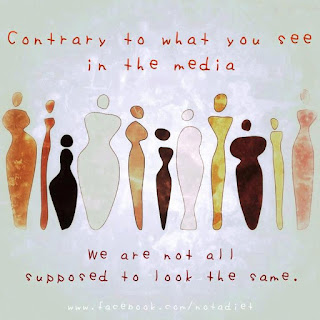Cinderella Ate My Daughter by Peggy Orenstein
Growing up I never played with dolls. Barbies and American Girl dolls was not my thing. I always liked to build, play video games and never liked the color pink. My parents were okay with that because boy toys were always essentially cheaper. I still wore dresses and liked the color pink. I wore pink almost every day for years. Everyone always bought me Barbies. I had the Barbie camper and a few dolls. I always, always, always tried to get myself to like playing with dolls, but there was nothing there to mentally stimulate. My imagination was there, but if I wasn't getting my hands dirty, it wasn't me. I remember getting my first American Girl doll for my 10th birthday. She was blonde and blue eyed. She came with a surfing board, as well as surfing gear. She came with a story, just as mentioned in the article. I just remember hating the way I looked because I did not resemble this doll. My little cousin recently was gifted an American Girl doll, pale skin, blonde hair and blue eyes. She loves it. She always tells me she wishes she looked like her. She's an Afro-Dominican child. I always tell her, "You're beautiful. You don't need pin straight hair, or light skin." I see her mind being warped because of this mental image of "perfection."
When asking Dana, a thirty eight year old stay at home mom, how she felt about the rest of the Little Mermaid, she exclaimed that she doesn't let her daughter read the actual story because they are horrible. Her daughter just identified with Ariel because she loves to swim. My favorite saying of Dana's was, "Every single one is the same: it's about romance, love, and being rescued by the prince. I will protect my daughter from that." This is a very strong point that Dana made. I wouldn't want my child growing up thinking that she needs to be rescued by someone in order to find love, but this is unintentionally learned throughout society. By telling girls at a young age, they SHOULDN'T be doing something deemed as masculine, almost lessens their being.
Barbie Talk





